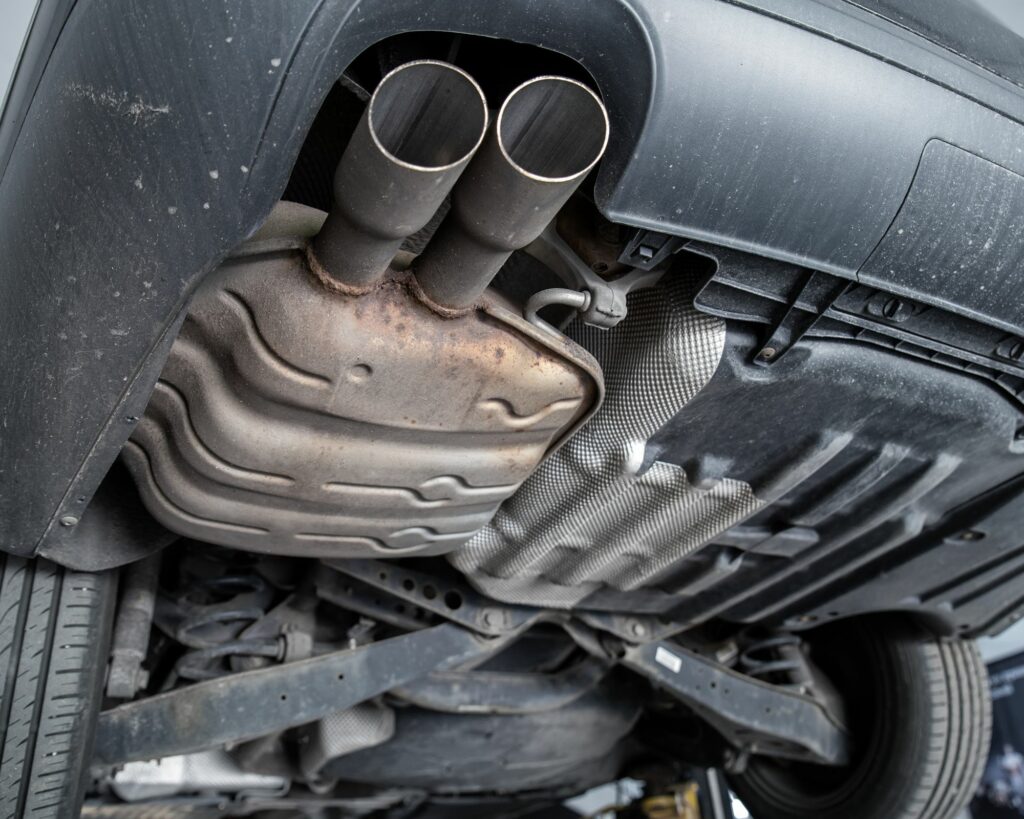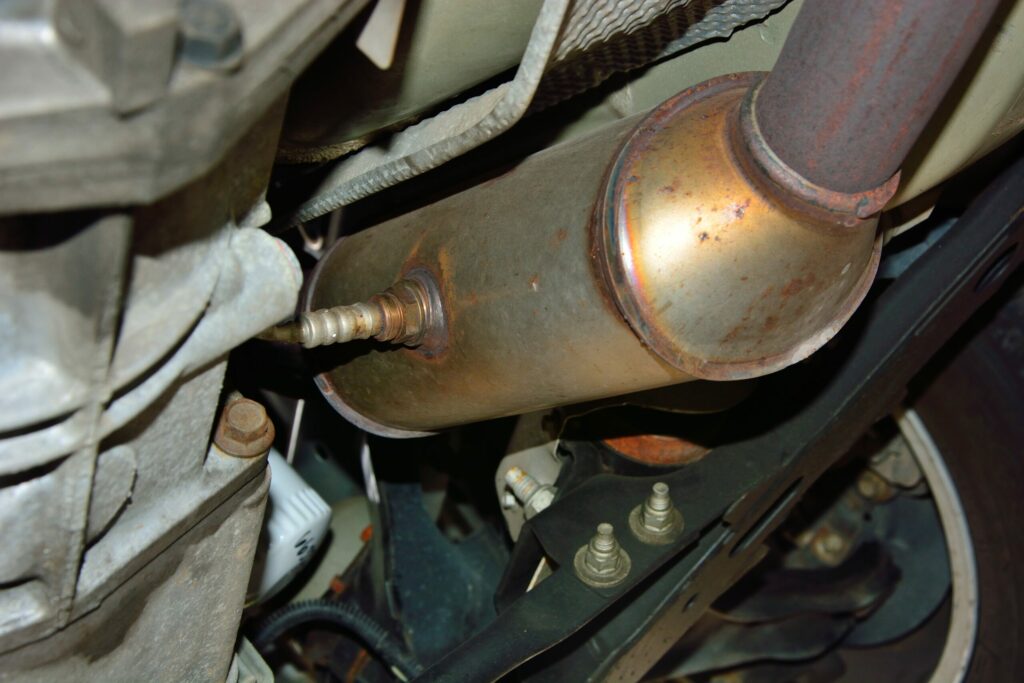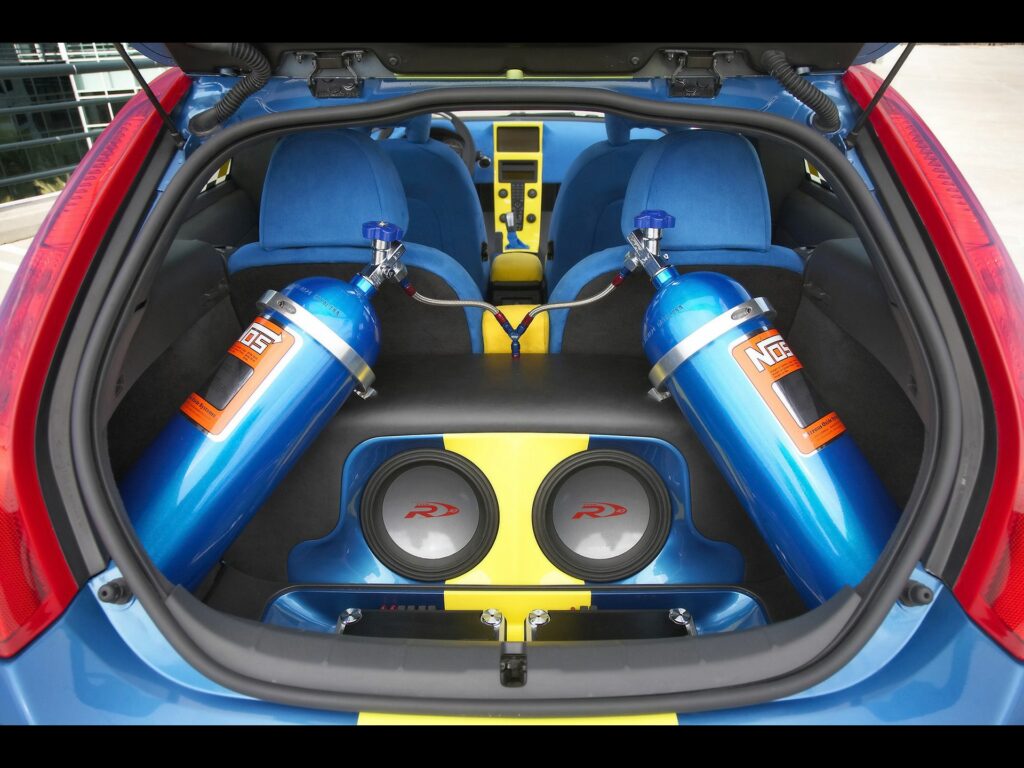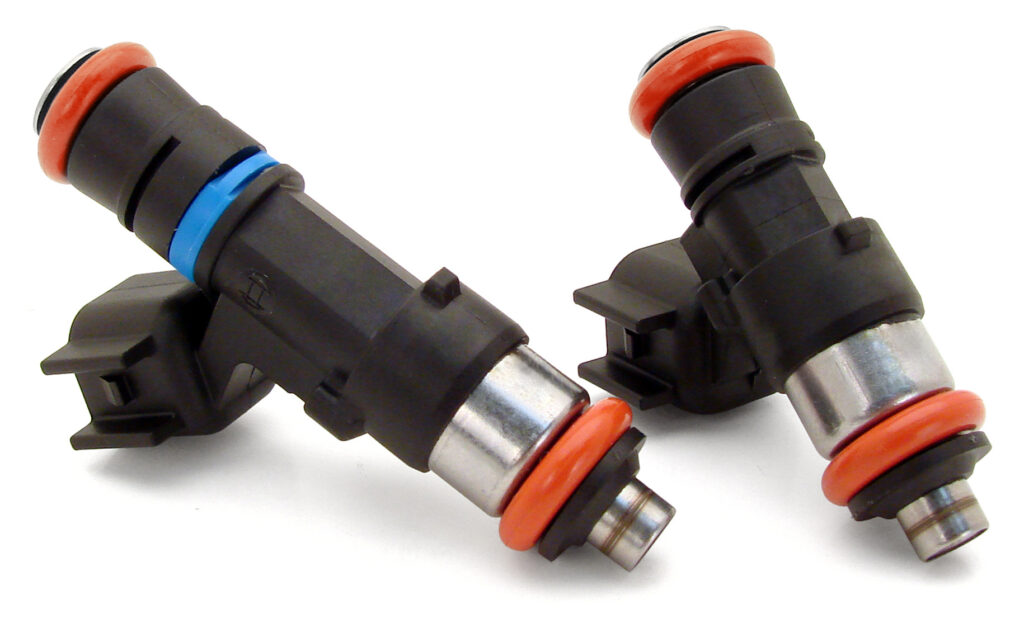For car enthusiasts, the thrill of driving a fast car is unparalleled. Many car owners seek to modify their vehicles to increase their speed, power, and performance. However, not all modifications are legal, and some can lead to severe consequences, including fines, legal trouble, and even damage to the vehicle.
In this article, we will explore some of the most common illegal car modifications for increased speed, their benefits, and the risks associated with them.
1. Removing Mufflers

One of the most common illegal car modifications is removing the muffler. Mufflers are designed to muffle the sound of engine explosions and create back pressure, which can restrict exhaust gas flow.
By removing the muffler, car owners can increase the power of the vehicle by allowing exhaust gases to flow more freely. However, this modification may also increase noise levels beyond legal limits, leading to fines and legal trouble.
Decibel limits for vehicles vary by state, with California having a limit of 95 decibels, while New York state has a limit of 15 decibels. In some states, such as Texas, there is no specific decibel limit, but vehicles cannot make excessive or unusual noises.
Effects on Oxygen Sensors and Catalytic Converters

Removing the muffler can also affect the proper functioning of oxygen sensors and catalytic converters, potentially leading to a violation of pollution laws. Oxygen sensors measure the amount of oxygen in the exhaust gases, while catalytic converters convert harmful gases into less harmful ones.
By removing the muffler, the oxygen sensors may not receive accurate readings, and the catalytic converters may not function correctly, leading to increased pollution and potential legal trouble.
2. Two-Stroke Engines

Two-stroke engines, unlike four-stroke engines, may require a certain type of pressure in their exhaust system to run correctly. Some car owners may modify their two-stroke engines to increase their speed and power, but this can lead to detrimental effects if not done correctly. Improper modifications can cause the engine to run too hot, leading to damage or even engine failure.
3. Nitrous Oxide Systems: A Powerful but Risky Option

Using nitrous oxide to boost engine power is legal in some places and illegal in others. Nitrous oxide systems can add significant horsepower to an engine, making it faster and more powerful. However, nitrous oxide systems can have detrimental effects on an engine if not used properly, potentially causing damage if the engine is pushed beyond its designed power limit.
4. Larger Fuel Injectors

Installing larger, higher-flowing fuel injectors can increase power and change the pollution coming out of the tailpipe. This modification may be illegal due to pollution concerns. Reprogramming the engine control computer may be necessary when installing larger fuel injectors to prevent increased pollution and ensure proper air-fuel ratios.
The Importance of Legal and Responsible Modifications
While the allure of adding 200 horsepower to your car may be enticing, it’s essential to consider the legal and environmental implications of such modifications. Illegal modifications not only risk fines and legal issues but can also lead to engine damage and increased pollution.
Responsible car modification involves understanding and adhering to local laws and regulations, as well as considering the long-term impact of modifications on your vehicle and the environment.
Conclusion: Balancing Performance and Responsibility
In conclusion, while illegal car modifications may offer a quick and tempting way to boost your car’s performance, they come with significant risks. From legal issues to engine damage and increased pollution, the consequences of illegal modifications can be severe.
Car enthusiasts must balance their desire for performance with a sense of responsibility, ensuring that any modifications they make are legal, safe, and environmentally friendly.





